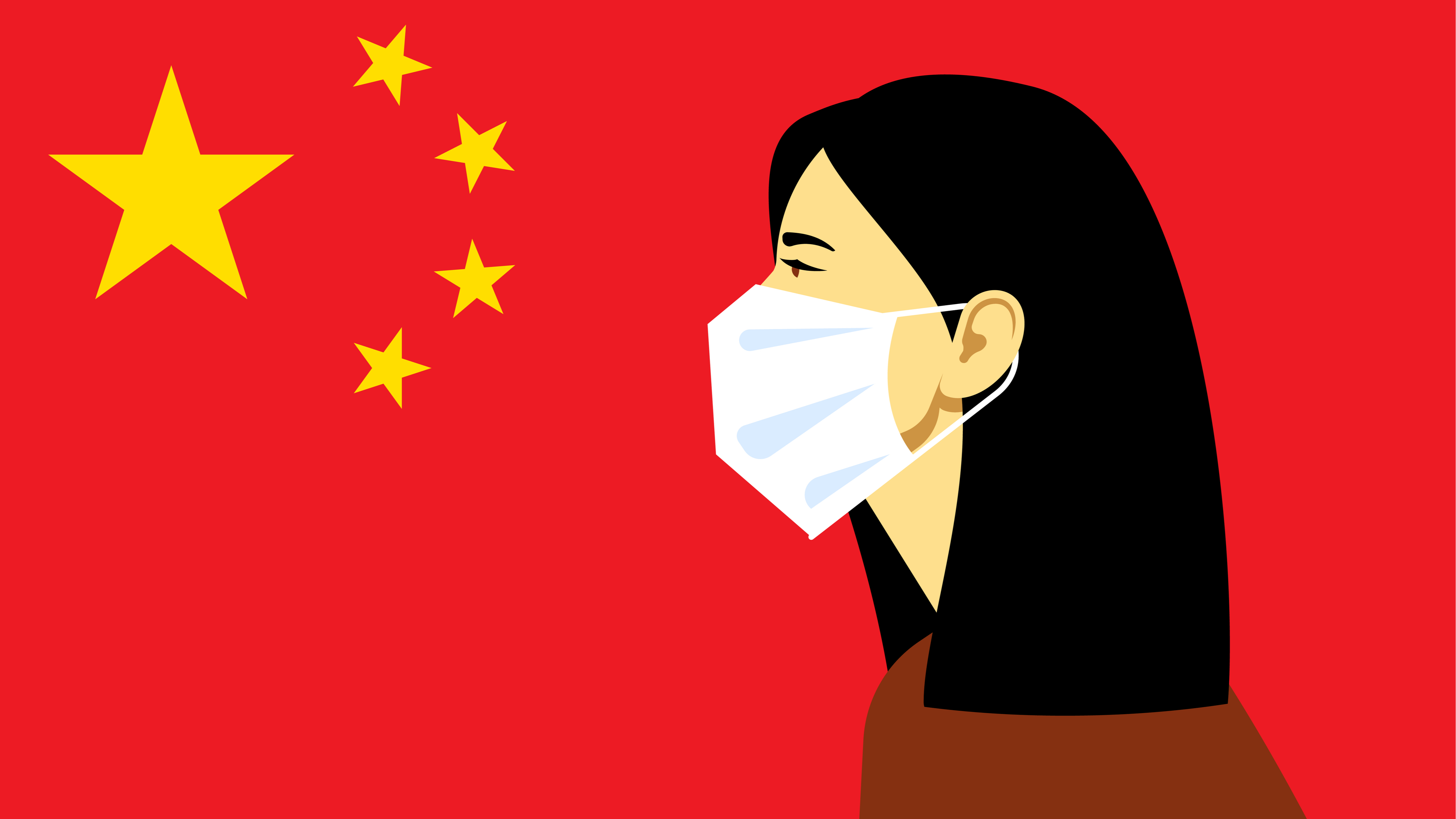Coronavirus has disrupted tourism and supply chains worldwide, and China has imposed tougher restrictions to try to prevent the virus from spreading.
The number of new cases reported in Hubei Province, the epidemic center, on Monday rose by more than 1933, and 100 deaths has been reported since Sunday.
Across mainland China, officials said the total number of cases rose by 2,048, bringing the total number to 70,548, with the deaths of 1770.
About 90% of the new cases were in Wuhan, the city of 11 million people, where the virus is believed to have originated in a market where wildlife traded illegally late last year.
Outside of China, more than 500 injuries have been confirmed, mostly in people who traveled from Chinese cities, with five deaths - in Japan, the Philippines, Hong Kong, Taiwan, and France.
After a long holiday in the Lunar New Year, China urgently needs to return to work. But some cities remain closed, streets are deserted, staff worried, and travel bans and quarantine orders are in effect across the country.
Many factories were not reopened, disrupting supply chains in China and abroad for everyone from smart phone manufacturers to automakers.
Hubei Province and its capital, Wuhan, have been virtually closed since January 23, with schools, offices and factories closed and most travel suspended.
The Chinese central bank also cut interest rates on medium-term lending on Monday, a move expected to pave the way for loan rate cut on Thursday, to reduce borrowing costs for companies hit by the virus.
Beijing also announced plans to introduce tax cuts, targeted fees and stages to help companies.
However, many economists expect China's economic growth to slow and that Moody's credit rating agency Monday to cut its 2020 GDP growth forecast in China to 5.2%, Compared to the 5.7% growth that China will need this year to achieve its long-term goal of doubling gross domestic product over the decade to 2020, according to a government economist.
In Japan, the virus-related damage is expected to appear in the economy this quarter, adding to fears of recession in the world's third largest economy which is already shrinking at the fastest pace since the second quarter of 2014.
